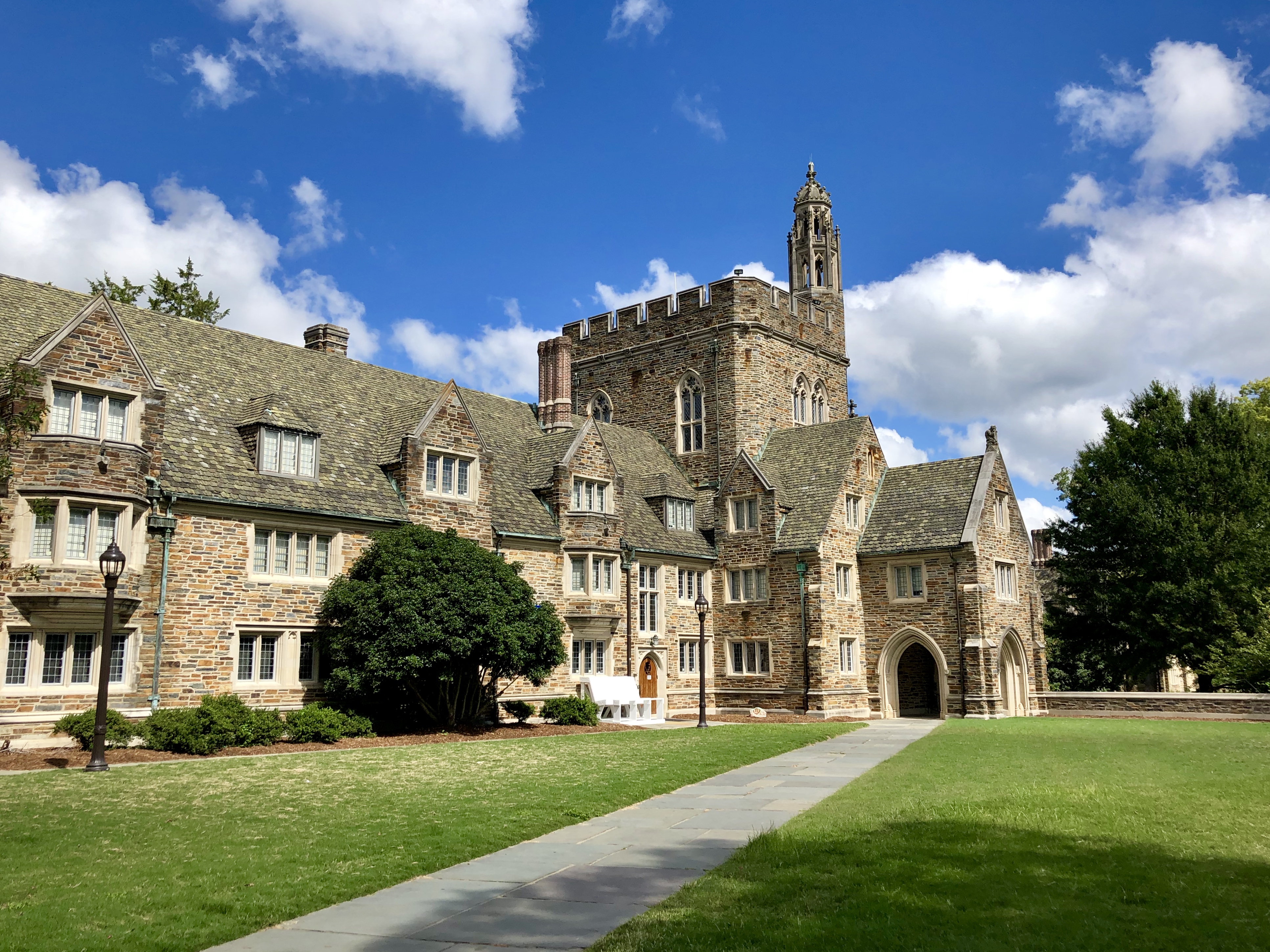College Towns That Are Quietly Producing the Nation's Top Entrepreneurs
College towns are far more than centers for academic learning and weekend football; they are unseen engines for launching the nation's most successful entrepreneurs. While Silicon Valley and Boston are recognized hubs of innovation, the true genesis of their success often lies within the walls of a few elite universities that have purposefully engineered ecosystems to foster founders. These institutions integrate cutting-edge research, massive alumni funding networks, and a foundational culture of risk-taking into the core student experience. For aspiring business leaders, choosing one of these schools means gaining access to unmatched mentorship, dedicated venture capital, and a dense concentration of talent ready to commercialize deep-tech ideas. This environment transforms the college experience from mere education into an immersive boot camp for market disruption, making these American schools the single most powerful launchpads for the future of global business.
1. Stanford University (Palo Alto, California)

Stanford University is arguably the single most influential producer of entrepreneurs in the U.S., owing to its location at the heart of Silicon Valley. The university's culture is inherently entrepreneurial, with direct ties to legendary companies like Google, Hewlett-Packard, and Tesla. The Stanford Technology Ventures Program (STVP) and the D-School (Hasso Plattner Institute of Design) are world-renowned for teaching innovation and design thinking, making entrepreneurial education foundational. The density of alumni who are venture capitalists, tech executives, and founders in the immediate area provides unmatched mentorship, funding, and networking opportunities. The town of Palo Alto is an extension of the campus, featuring constant synergy between academia, cutting-edge research, and industry, ensuring students are immersed in the highest levels of tech and business.
2. Massachusetts Institute of Technology (Cambridge, Massachusetts)

MIT consistently ranks at the top globally for producing successful founders, driving forward sectors like biotech, AI, and hardware. The institution is defined by its rigorous, problem-solving engineering culture. The Martin Trust Center for MIT Entrepreneurship and the MIT Sandbox Innovation Fund provide significant seed funding, rigorous workshops, and mentorship to help students commercialize deeply technical research. MIT graduates have established thousands of companies, generating massive economic value, and are known for actively investing in and collaborating with new student ventures. Located across the river from Boston and adjacent to Harvard, Cambridge offers a concentrated hub of elite talent, biotech labs, and VC firms focused on deep-tech startups.
3. University of California, Berkeley (Berkeley, California)

UC Berkeley benefits from its proximity to Silicon Valley while maintaining a strong emphasis on social impact and fundamental science research. It is known for producing both groundbreaking tech companies and socially conscious enterprises. The Berkeley Haas Entrepreneurship Program provides resources, pitch competitions, and mentorship designed to translate the university's cutting-edge scientific and engineering research into commercial businesses. Berkeley's diverse student and faculty body provides a rich, multidisciplinary talent pool, particularly strong in computer science, electrical engineering, and sustainable technology. Berkeley's culture balances academic rigor with innovation and social justice, leading to startups that often seek to disrupt traditional industries while addressing global challenges.
4. Duke University (Durham, North Carolina)

Duke has intentionally cultivated a robust entrepreneurial hub within the Research Triangle Park (RTP), successfully transitioning the town of Durham into a thriving destination for tech and healthcare startups. The Duke Innovation & Entrepreneurship Initiative (I&E) offers a wide range of academic programs, mentorship, and funding, fostering an interdisciplinary approach to starting ventures across all schools. The university is strategically integrated with the surrounding RTP's massive presence in life sciences, healthcare, and software, providing immediate real-world collaboration and internship opportunities. Duke alumni have been instrumental in creating a supportive ecosystem in Durham, providing a vital source of early-stage investment and high-level strategic advice to student and faculty spin-offs.
5. University of Michigan (Ann Arbor, Michigan)

The University of Michigan serves as a powerful anchor for innovation in the Midwest, consistently producing high-growth startups, especially in areas like automotive technology, finance, and medical devices. The Zell Lurie Institute for Entrepreneurial Studies offers a highly-regarded venture capital fund and practical business programs that give students hands-on experience in launching and funding companies. U-M's wide array of highly-ranked professional schools (engineering, business, medicine) ensures access to a diverse, skilled talent pool ready to fill specialized roles in nascent companies. Ann Arbor provides a lower cost of living and operation compared to the coastal tech hubs, offering young entrepreneurs financial flexibility to take risks and focus resources on product development and scaling.
The Future of Innovation is Institutional

The sustained success of entrepreneurs emerging from these five institutions underscores a fundamental truth: innovation is not accidental; it is cultivated. These universities have moved beyond traditional academic models to become strategic launchpads, providing more than just degrees—they offer integrated venture funds, high-density alumni networks, and compulsory interdisciplinary collaboration. By prioritizing the commercialization of cutting-edge research, these schools equip founders not just with ideas, but with the funding and operational muscle to compete globally. For the next generation of business leaders, choosing one of these environments means opting into a self-sustaining cycle of innovation, wealth creation, and mentorship. As the entrepreneurial landscape evolves, these institutions will continue to serve as the critical infrastructure that turns ambitious, high-potential students into the CEOs and disruptors of tomorrow.








